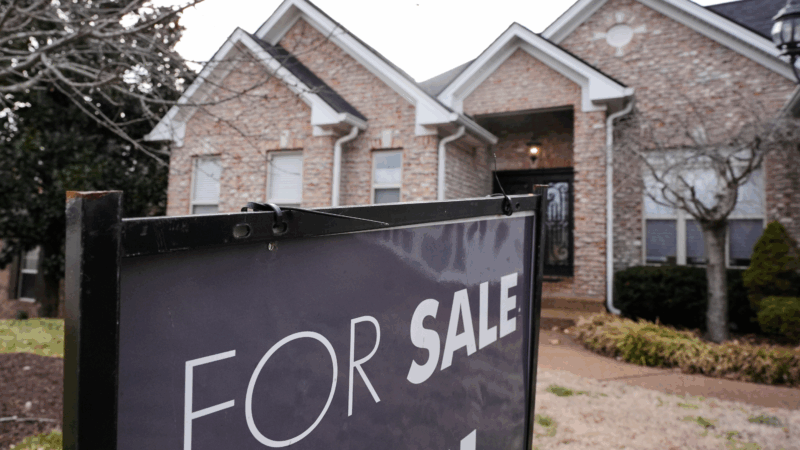40 Years of Civil Rights
There were no 24-hour television news channels, but if there were, they would’ve been here… covering protests by African-Americans for the same rights as whites: the privilege to vote, to participate, and be educated. They just wanted to be equal, but in 1960’s America, they weren’t. Or at least it didn’t feel that way to them.
It was at that time when Dr. Martin Luther King, Jr., a pastor from Atlanta, took his message of non-violent protest to cities all over the nation. From his hometown in Georgia to Montgomery and Selma in Alabama. From New York City to Chicago and eventually to Washington — where he led a quarter million in unity for jobs and equality. From Birmingham, where he was jailed, to Memphis, where he was killed only a few years later.
Eugene “Bull” Connor demanded the dogs and hoses keep protestors in line and scared and wet, yet the protestors persevered.
In ‘Bombingham,’ as some people referred to it, the home of civil rights leader Rev. Fred Shuttlesworth exploded. African-American Attorney Arthur Shores’ home also exploded. They weren’t hurt.
But one bomb did hurt. When dynamite ignited in the basement of 16th Street Baptist on the morning of Sunday, September 15, 1963, four girls — Denise McNair, Cynthia Wesley, Addie Mae Collins and Carole Robertson — died.
The girls were changing clothes for a Sunday School program at the church that day. After the explosion, everything else changed. The struggle. Birmingham.
Forty years later, some would argue ‘the dream’ Dr. King had in 1963 has yet to be fulfilled. Others say progress is still being made. Whatever your opinion, the events of 1963 — 40 years ago — marked an extraordinary time in American history. And Birmingham was right at the center of it.
On the anniversary of the 16th Street bombing, WBHM’s Steve Chiotakis talks with Chris McNair — the former Jefferson County Commissioner and father of bombing victim Denise McNair. Also hear from the former U.S. Attorney Doug Jones who prosecuted the case against long-time suspects Bobby Frank Cherry and Thomas Blanton. They were both convicted recently.
And explore the stories and sights of the past 40 years of the civil rights struggle in Birmingham and across the nation.
These major issues have brought together Democrats and Republicans in states
Across the country, Republicans and Democrats have found bipartisan agreement on regulating artificial intelligence and data centers. But it's not just big tech aligning the two parties.
Feds announce $4.1 billion loan for electric power expansion in Alabama
Federal energy officials said the loan will save customers money as the companies undertake a huge expansion driven by demand from computer data centers.
Mortgage rates fall below 6% for the first time in years
The average home loan rate has dropped below 6% for the first time since 2022. Will that help thaw the frozen housing market?
Pentagon shifts toward maintaining ties to Scouting
Months after NPR reported on the Pentagon's efforts to sever ties with Scouting America, efforts to maintain the partnership have new momentum
Why farmers in California are backing a giant solar farm
Many farmers have had to fallow land as a state law comes into effect limiting their access to water. There's now a push to develop some of that land… into solar farms.
Every business wants your review. What’s with the feedback frenzy?
Customers want to read reviews and businesses need reviews to attract customers. But the constant demand for reviews could be creating a feedback backlash, experts say.







